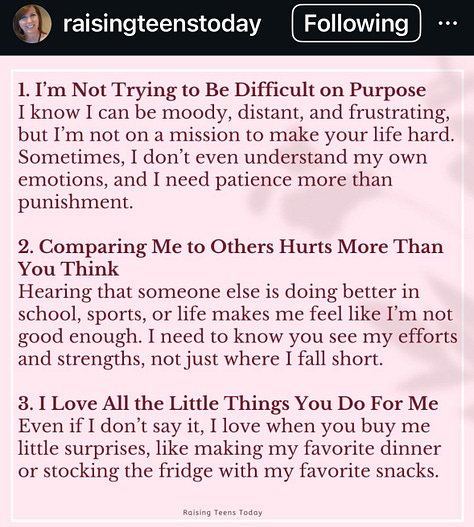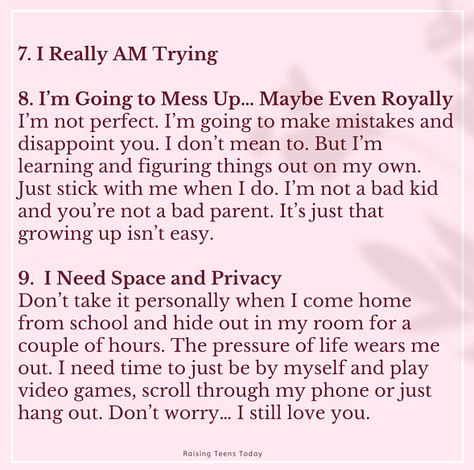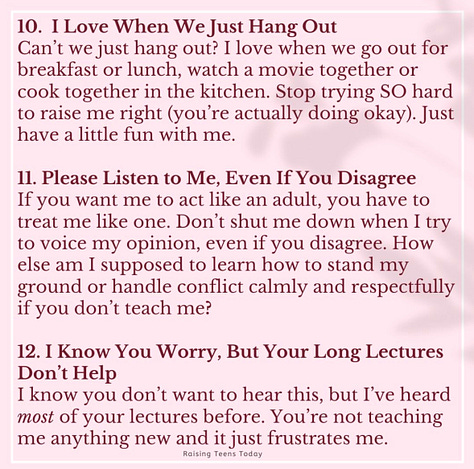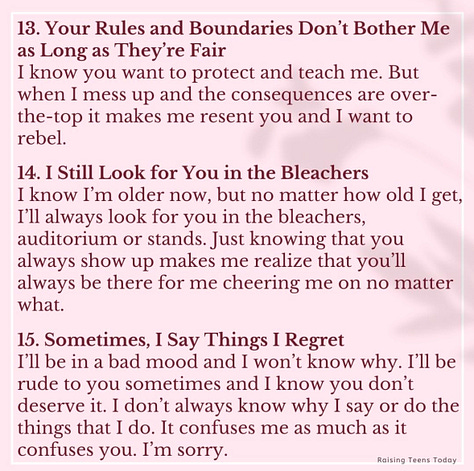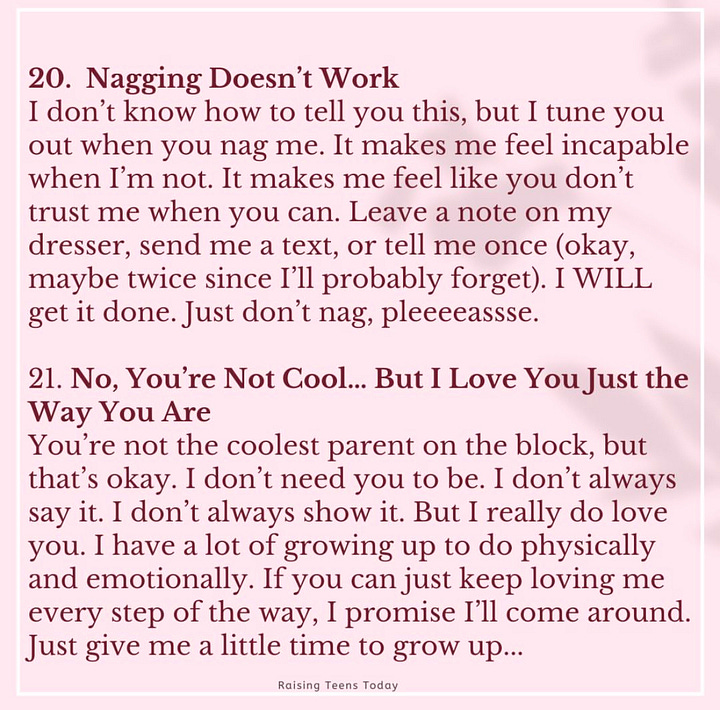I have run marathons and finished them, I have spoken in front of 2500 people, I have led workshops with C-suite members, I breastfed each of my three children for over a year, I have worked in advertising (IYKYK), I am a freelancer, a stepmom, and a working parent. I completed the Inca Trail and walked many miles on the Camino de Santiago. I lived nomadically, homeschooled my kids, and lived in 78 Airbnbs. I’ve traveled to Shanghai and back just for a 4 hour workshop. I got in serious debt and paid it off. I moved to the US when I was only 18, learned to speak English (and Portuguese) and I worked my ass off to put myself through college. I have… Well you get the point; I have done hard things. In fact I love challenges, and as of late I believe I attract them. There is something about circumnavigating hard things that appeals to me.
They say you never know when will be the last time you will carry your child, literally speaking. There are many “firsts,” but we aren’t able to clock many of the ‘lasts.” I was going through the motions of balancing both parenting and working. And one morning I woke up to my little kids starting their own journey into adolescence — This Inside Out 2 DEMO DAY scene depicts this moment brilliantly! “Who would have known (I hear you, smart a*s parent who is ahead of me in the journey,) that being the mature parent my kids needed would be the biggest mountain I would learn to climb? or the deepest waters I would need to swim. You get it no? It was, and continues to be, hard AF! People had warned me, but I think they did a terrible job. Because they only spoke about how teens behaved and forgot to mention what happens to parents or how they need to show up for their kids.
I wasn’t prepared to not be liked, to be pushed away, to be ignored, to be yelled at. Until that moment, my worth had depended on those around me. My worth depended on people validating me and helping me feel good about myself. Which meant, I was not able to see my kids’ for what they were going through but rather through what I was feeling: ignored, neglected, challenged, rejected, inadequate, and inept. This last one sums up brilliantly the constant perception I experienced. I had no idea what to do, how to behave, or how to feel. I lost my confidence and my ability to show up authentically.
That is when my healing process begun. I know, I know, it sounds cliche and cheese, but I wish I could have been ready to hold the mature and regulated space my kids needed so desperately. I work with many clients who, like me, start to work on themselves when their kids become teenagers. And I wish there was more information and awareness about the importance of not waiting until then. But rather, to start when their kids are younger, or even before having kids; but I understand that is not typically something top of mind. If we view the teenage years of our children as a marathon, then we need to do some training and preparation ahead of it. My running coach always says “you don’t start training for the marathon the day of the marathon.”
Having been through 5 teenagers’ lives, and trust me every kids goes through their teenage years in different and unexpected ways, I can say that these would be the areas to do the most inner work:
Emotional Regulation: Cultivating the ability to manage your emotions is crucial. This helps you respond calmly to your teen’s mood swings and challenges, fostering a more stable environment.
Active Listening: Developing strong listening skills allows you to understand your teen's feelings and perspectives. This connection can significantly enhance your relationship and help them feel valued. (This is a tool I use to train leaders and researchers to actively listen.)
Setting Clear Expectations: Establishing clear rules and boundaries provides structure that teens need while they navigate their growing independence. It’s important to communicate these expectations compassionately.
Modeling Empathy: Demonstrating empathy teaches your teen how to express their emotions and understand others' feelings, which is essential during these formative years.
Practicing Self-Care: Prioritizing your own well-being enables you to be more present and patient with your teen. Taking care of yourself physically and emotionally sets a positive example for them.
Now, these things seem reasonable and easy, but if we have any part within us that is hurt or wounded, achieving these can be the greatest expedition of your life. The good news is that it can be done. With daily practice of presence, self-awareness, reflection, and connection with the inner parts that are hurting. This is the type of work I guide parents through.
One more thing I recommend doing is to spend time learning as much as you can about what is going on in your teen’s brain, nervous system, and hormonally. During adolescence, the brain undergoes significant changes. Gray matter in the cerebral cortex thins, while white matter increases, improving connectivity between brain regions. The limbic system and reward centers mature earlier than the prefrontal cortex, responsible for decision-making and impulse control. This imbalance can lead to emotionally-driven behaviors and increased risk-taking. Hormonal changes further influence brain restructuring, affecting emotional reactivity and social behavior. These neurological shifts explain why teenagers may act impulsively, seek novel experiences, and struggle with self-regulation, as their brains are still developing the capacity for adult-level reasoning and emotional control.
I highly recommend these three books: Untangled: Guiding Teenage Girls Through the Seven Transitions into Adulthood by Lisa Damour Ph.D. Although geared to girls, I have taken so much from it for my sons. I love this one because at the end of each chapter it highlights the real flags to look for. ‘What’s normal part of developing’ and ‘what to worry about’ type advice. The other two books that really helped me were The Teenage Brain: A Neuroscientist's Survival Guide to Raising Adolescents and Young Adults by Frances E Jensen and Amy Ellis Nutt; and The Whole-Brain Child: 12 Revolutionary Strategies to Nurture Your Child's Developing Mind by Daniel J. Siegel M.D., and Tina Payne Bryson.
I will leave you with these powerful and inspiring messages, Raising Teens Today, shared on instagram. They are written from the point of view of teenagers and their needs. Maybe one, or more, hit home for you today. Let me know in the comments, which one resonates the most with you. Maybe you can share your own experiences or insights about raising teens…
